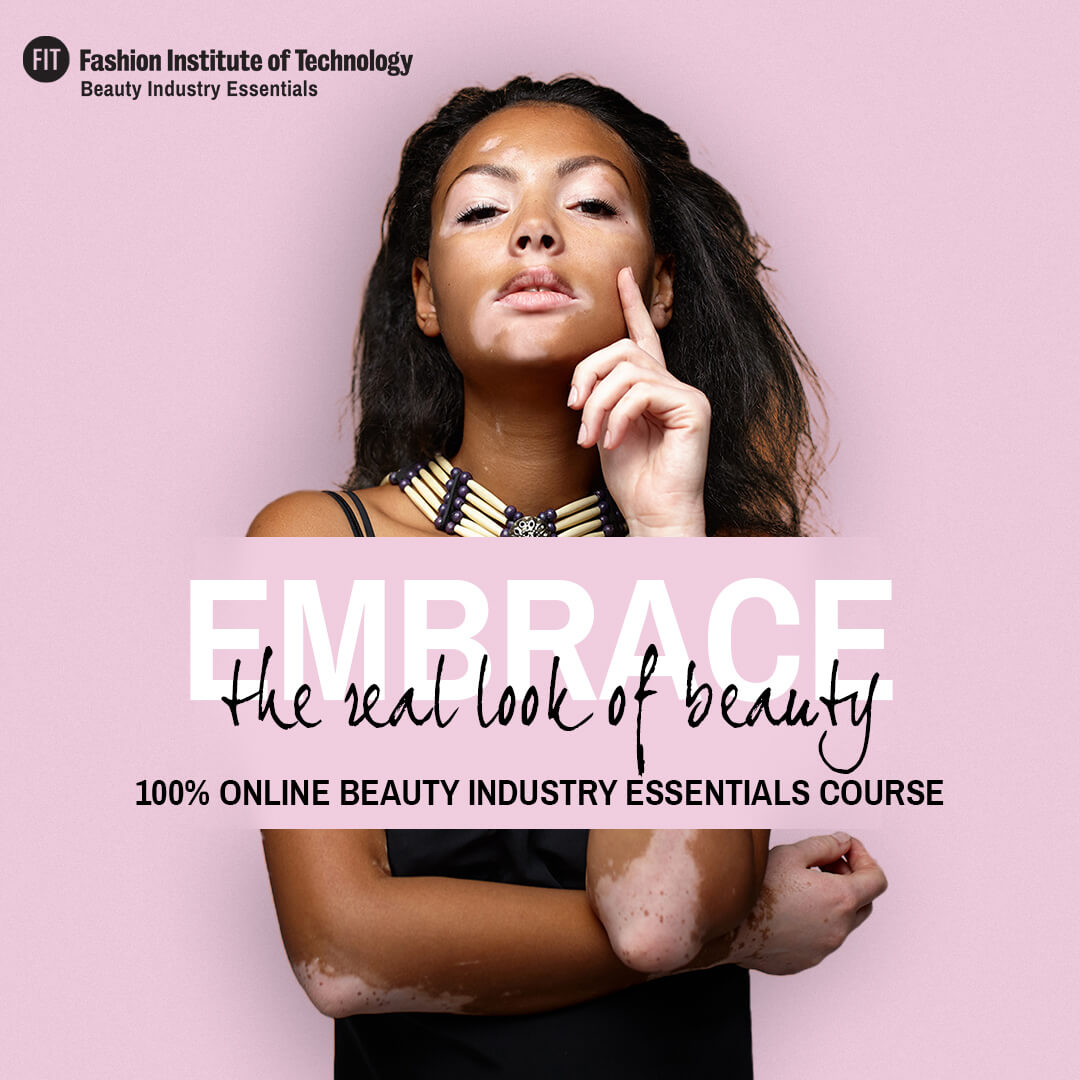Ethical beauty brands have been gaining popularity in recent years as consumers become more conscious of the products they use and the impact of their choices on the environment and society.
In a world where sustainability and ethical practices are increasingly valued, ethical beauty brands are leading the way in providing products that enhance beauty and align with values such as cruelty-free testing, sustainable sourcing, and transparency in ingredients.
1. Cruelty-Free Certification
One of the hallmarks of ethical beauty brands is their commitment to cruelty-free practices. These brands ensure that their products are not tested on animals at any stage of production, from ingredients to finished goods. Look for certifications from organizations like Leaping Bunny or PETA to verify a brand’s cruelty-free status.
2. Sustainable Sourcing
Ethical beauty brands prioritize sustainable sourcing of ingredients to minimize environmental impact and support local communities. By sourcing raw materials ethically, these brands contribute to biodiversity conservation, reduce their carbon footprint, and promote fair trade practices in the beauty industry.
3. Transparency in Ingredients
Consumers today are more informed and discerning about the ingredients in their beauty products. Ethical beauty brands prioritize transparency by clearly labeling their products with all ingredients, including any potential allergens or harmful chemicals. This transparency builds trust with consumers and empowers them to make informed choices.
4. Environmentally-Friendly Packaging
In addition to the formulation of their products, ethical beauty brands pay attention to the packaging materials they use. Opting for eco-friendly packaging, such as recyclable or biodegradable materials, helps reduce waste and minimize the brand’s environmental footprint. Refillable options and minimalistic packaging designs are also common among ethical beauty brands.
5. Community Engagement and Social Responsibility
Ethical beauty brands often engage in community initiatives and social responsibility efforts to give back and support causes beyond their products. Whether through charitable donations, partnerships with social organizations, or promoting inclusivity and diversity, these brands demonstrate a commitment to making a positive impact on society.
6. Certifications and Accreditations
Look for ethical beauty brands that have obtained relevant certifications and accreditations to validate their ethical practices. Certifications like Fair Trade, USDA Organic, or B Corporation status indicate a brand’s commitment to ethical sourcing, sustainable practices, and social responsibility.
7. Innovation and Research
Ethical beauty brands are at the forefront of innovation, exploring new sustainable ingredients, eco-friendly technologies, and clean beauty formulations. By investing in research and development, these brands push boundaries to create effective, safe, and environmentally-conscious beauty products.
8. Consumer Education and Advocacy
Beyond offering ethical products, many ethical beauty brands also prioritize consumer education and advocacy. Through informative content, campaigns, and partnerships, these brands empower consumers to make ethical choices in their beauty routines and raise awareness about sustainability issues in the industry.
9. Brand Values and Mission
The core values and mission of ethical beauty brands often revolve around sustainability, transparency, inclusivity, and social impact. These values are reflected in every aspect of the brand, from product development to marketing, fostering a strong connection with conscious consumers who share similar values.
10. Industry Influence and Collaboration
Ethical beauty brands play a significant role in influencing the beauty industry towards more sustainable and ethical practices. Through collaborations with like-minded partners, participation in industry initiatives, and advocacy for regulatory changes, these brands drive positive change and set a standard for responsible beauty practices.
Conclusion
Ethical beauty brands are reshaping the industry by combining high-quality products with values that prioritize the well-being of animals, people, and the planet. From cruelty-free testing to sustainable sourcing and social responsibility, these brands are meeting the growing demand for transparency and integrity in beauty. As more consumers embrace conscious choices, ethical beauty continues to lead the way toward a more sustainable and inclusive future.
Key Takeaways:
- Cruelty-free certification is a defining feature, ensuring no animal testing is involved at any stage of production.
- Sustainable sourcing supports environmental conservation, fair trade, and community welfare by ethically obtaining ingredients.
- Ingredient transparency allows consumers to make informed choices by clearly listing all product contents, including allergens.
- Eco-friendly packaging—such as recyclable, biodegradable, or refillable options—helps reduce waste and environmental impact.
- Social responsibility and community engagement are core values, with many brands supporting charitable causes and inclusivity.
- Certifications and accreditations (e.g., Leaping Bunny, Fair Trade, B Corp) verify a brand’s ethical and sustainable practices.
- Innovation and research drive the development of clean, effective, and environmentally conscious beauty formulations.
- Consumer education and advocacy empower users with knowledge to make ethical choices and raise awareness of industry issues.
- Strong brand values and a mission focused on sustainability, transparency, and social impact help build trust and loyalty.
- Industry influence and collaboration position ethical brands as leaders, encouraging wider adoption of responsible practices across the beauty sector.
Embrace ethical beauty brands that prioritize sustainability, transparency, and social responsibility. Consider enhancing your knowledge in the beauty industry by exploring the FIT Beauty Industry Essentials online course and certificate program offered by Yellowbrick.








